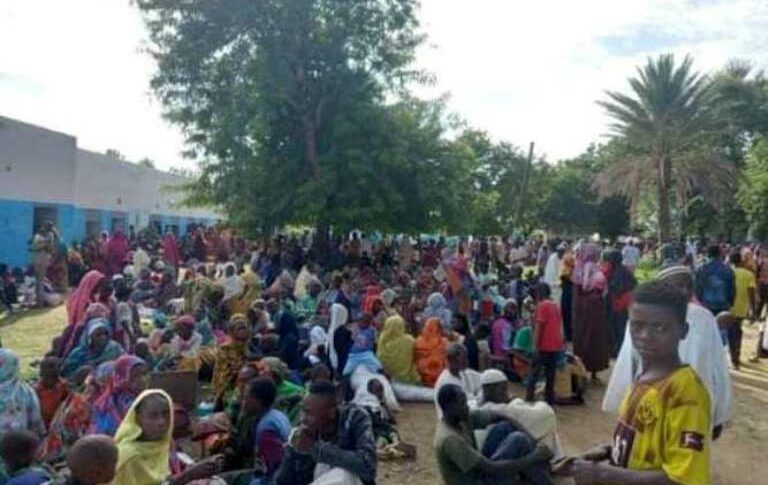Dozens killed in tribal clashes in Sudan’s Blue Nile region
July 16n 2022 (KHARTOUM) – Fighting between Hausa and Berta has killed dozens of people in Sudan’s Blue Nile State pushing the authorities to impose a curfew in a bid to reduce the bloody violence.
The clashes sparked in the three localities of Gaissan, Roseiris and Wad Al-Mahi, following the murder of one person during an argument between two people from the two tribal groups.
Also, the incident took place as tensions increased recently in the region following calls to recognize a chiefdom for the Hausa ethnic group who originate from Nigeria but settled in the region for a long time.
The state authorities issued a state a statement on Saturday saying that 31 people were killed during the tribal violence. But some officials said there was an error in the statement as they meant to write 13 people.
However, the Central Committee of Sudanese Doctors stated late on Saturday that 23 people were killed and 84 injured with live bullets and knives, including 17 cases in critical condition according to the Ad Damazin hospital.
The independent group stressed they did not get yet the death toll from Roseiris Hospital but added that the intercommunal clashes caused numerous human casualties.
The Blue Nile Governor Ahmed El-Omda Badi of the SPLM-N Agar condemned the tribal clashes pointing out that they imposed a curfew in the Damazin and Roseiris localities to restore security in the region.
Also, the authorities deployed the army and Rapid Support Forces in the troubled areas to prevent the renewal of attacks.
The tribal violence was condemned by the political groups that called for calm and self-restraint.
The Forces for Freedom and Changes accused the military component of instigating calls by Hausa group to establish a chiefdom in a territory belonging to the Hamaj group one of the Berta branches.
“The (…) FFC hold the coup authority fully responsible for the successive renewal of these events in most parts of the country”.
During al-Bashir’s era, the Hausa served in the security services and fought against the SPLM-N rebels.
The ruling military government did not react to the events which add a new hotspot to the intercommunal clashes in eastern and western parts of the country.
(ST)

